Affiliate links on Android Authority may earn us a commission. Learn more.
Downloading game ROMs: Is it ever legal?
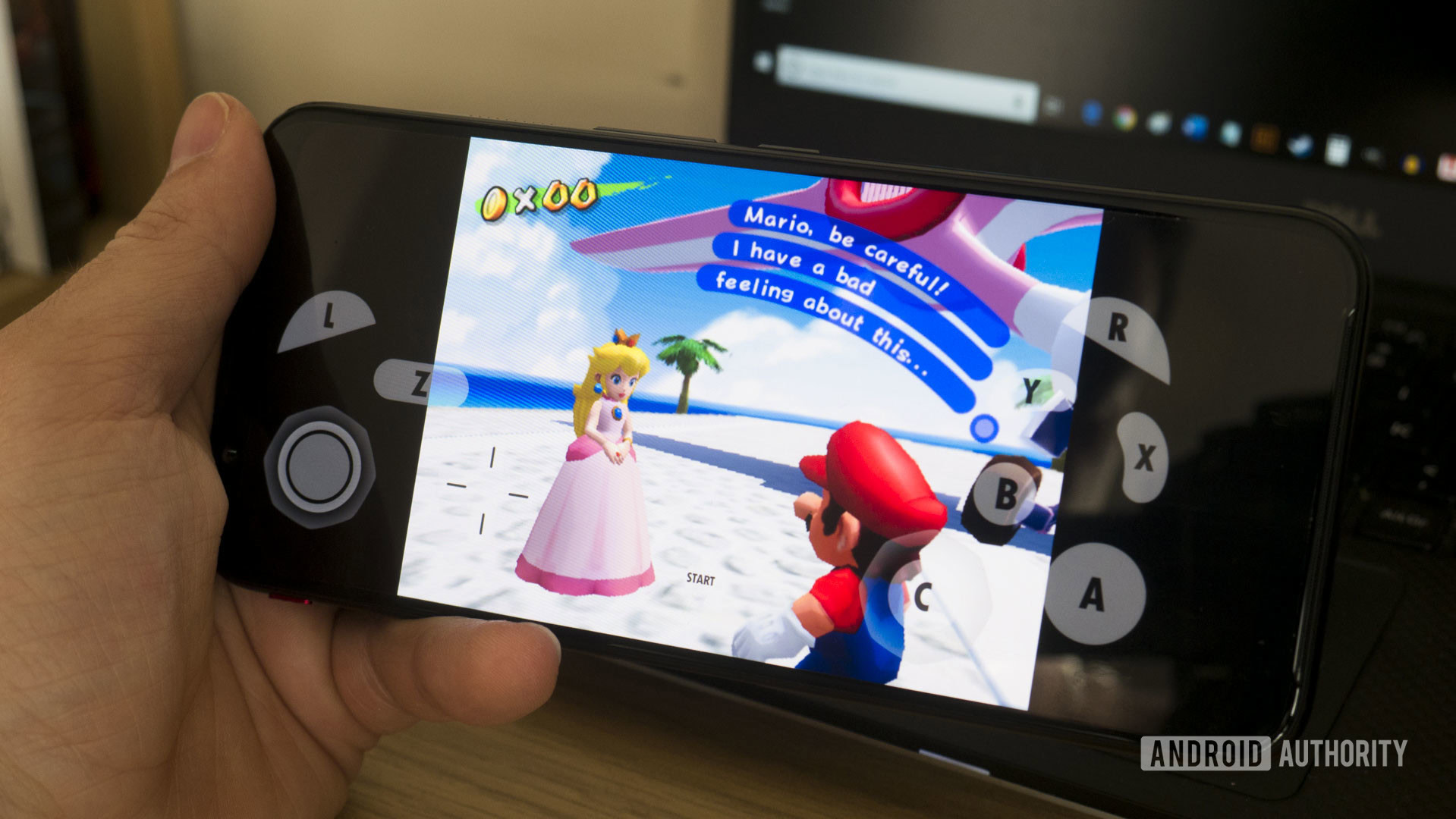
Downloading retro games can be a point of tension in the gaming community. Many people say downloading ROMs under any circumstances should be illegal, while others say downloading games that are no longer for sale by the developer should be fine.
Neither opinion changes the fact that when we are talking about playing retro ROMs, we are stepping into murky waters. So today, we’ll do our best to clear up this situation.
Downloading retro emulators
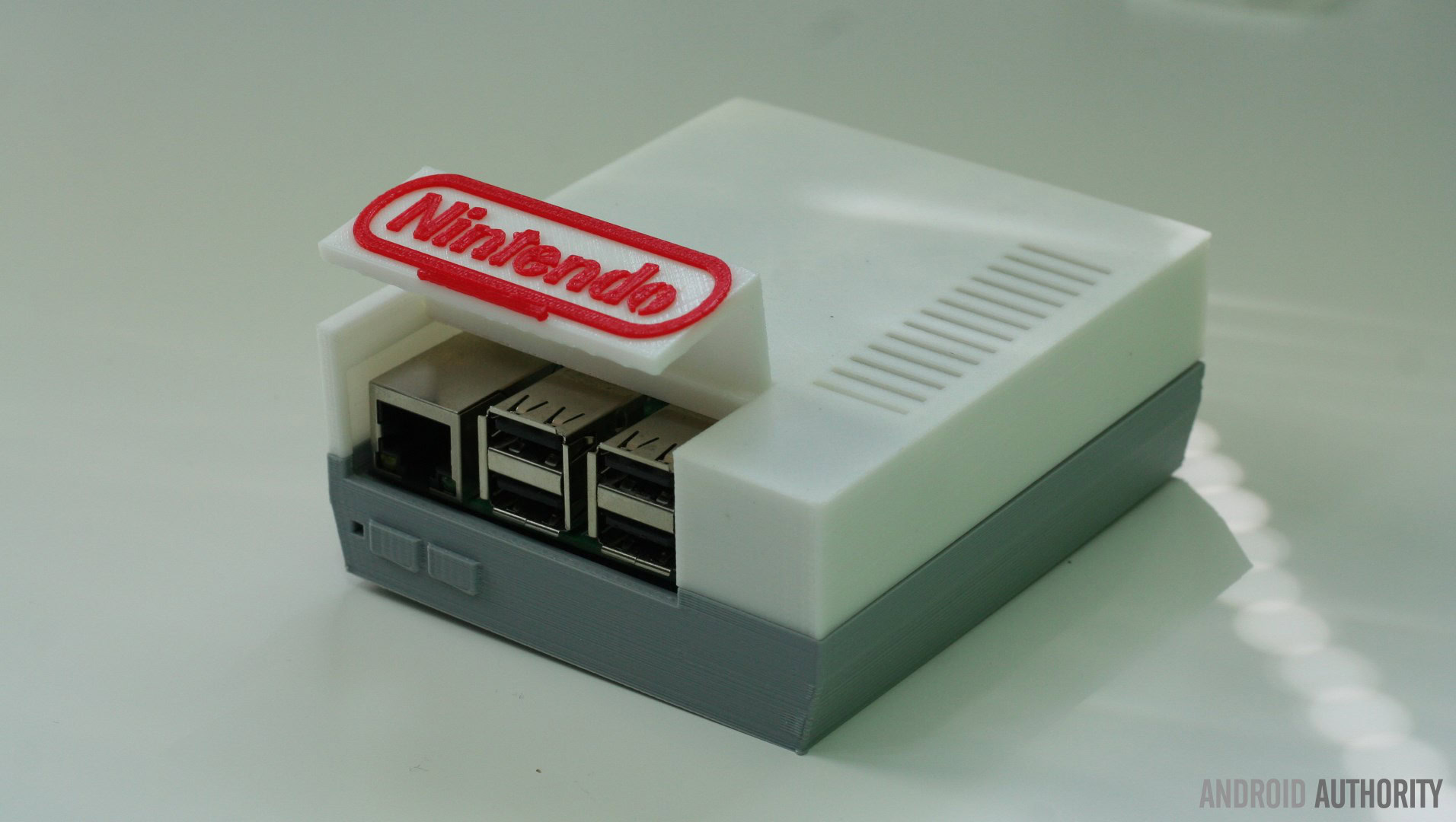
In order to play any game ROMs, you first need an emulator. An emulator is a piece of hardware and/or software that emulates the game’s original console. That means you can play Sega Genesis games without Sega’s original console.
You can be certain that emulators themselves are completely fine. There is nothing illegal about owning a digital or physical emulator. In fact, many companies like Hyperkin have made an entire business out of selling emulation hardware and third-party retro peripherals.
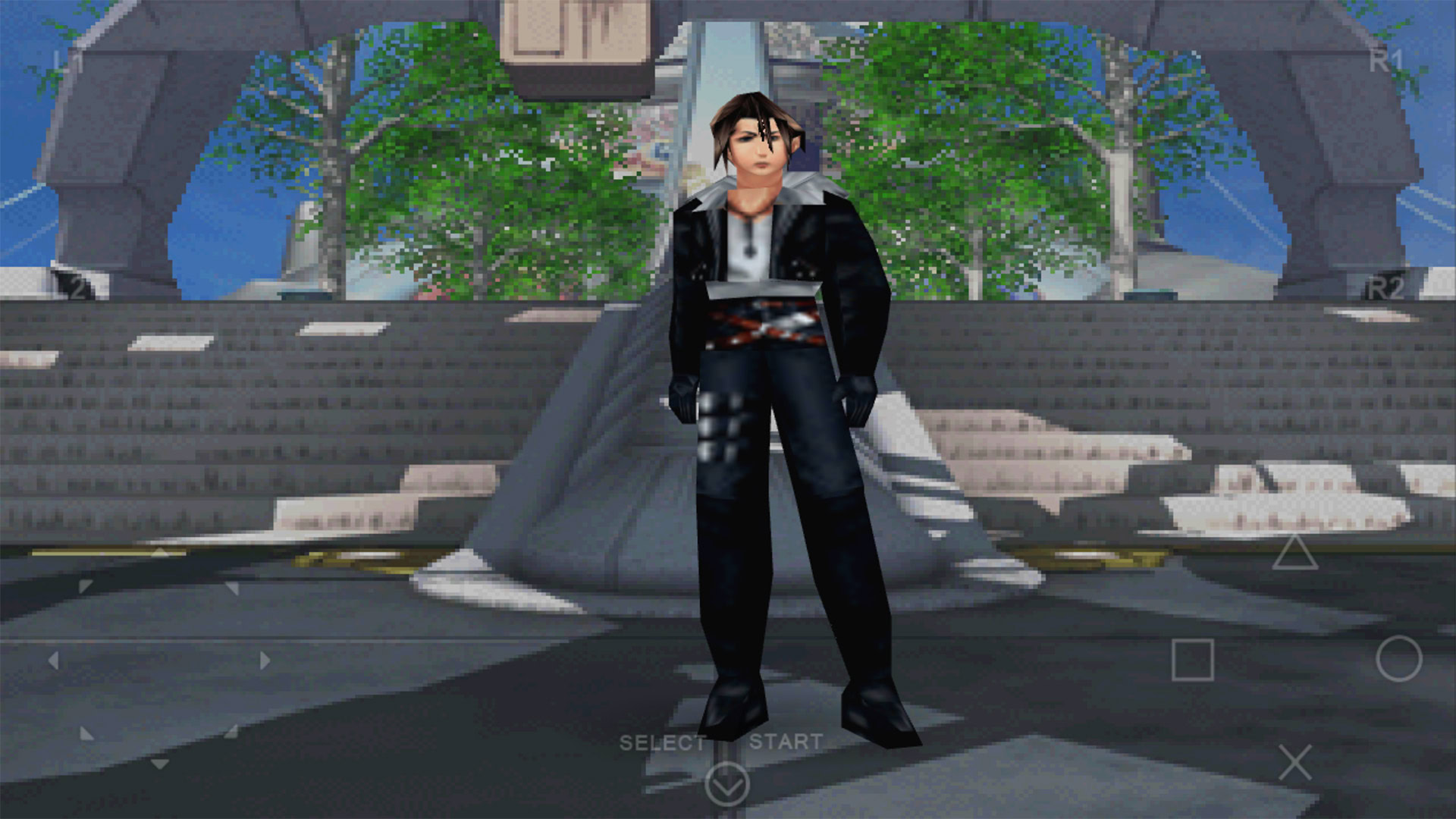
The legal issues arise when we talk about how we get a hold of these games. Hyperkin stays within the bounds of the legal system by creating products that rely on the user having access to the original game. On the other hand, emulation software like Classic Boy or Dolphin Emulator rely on digital copies of the game to function. Though the software is completely legal, getting games onto them is a completely different story.
Downloading and ripping ROMs
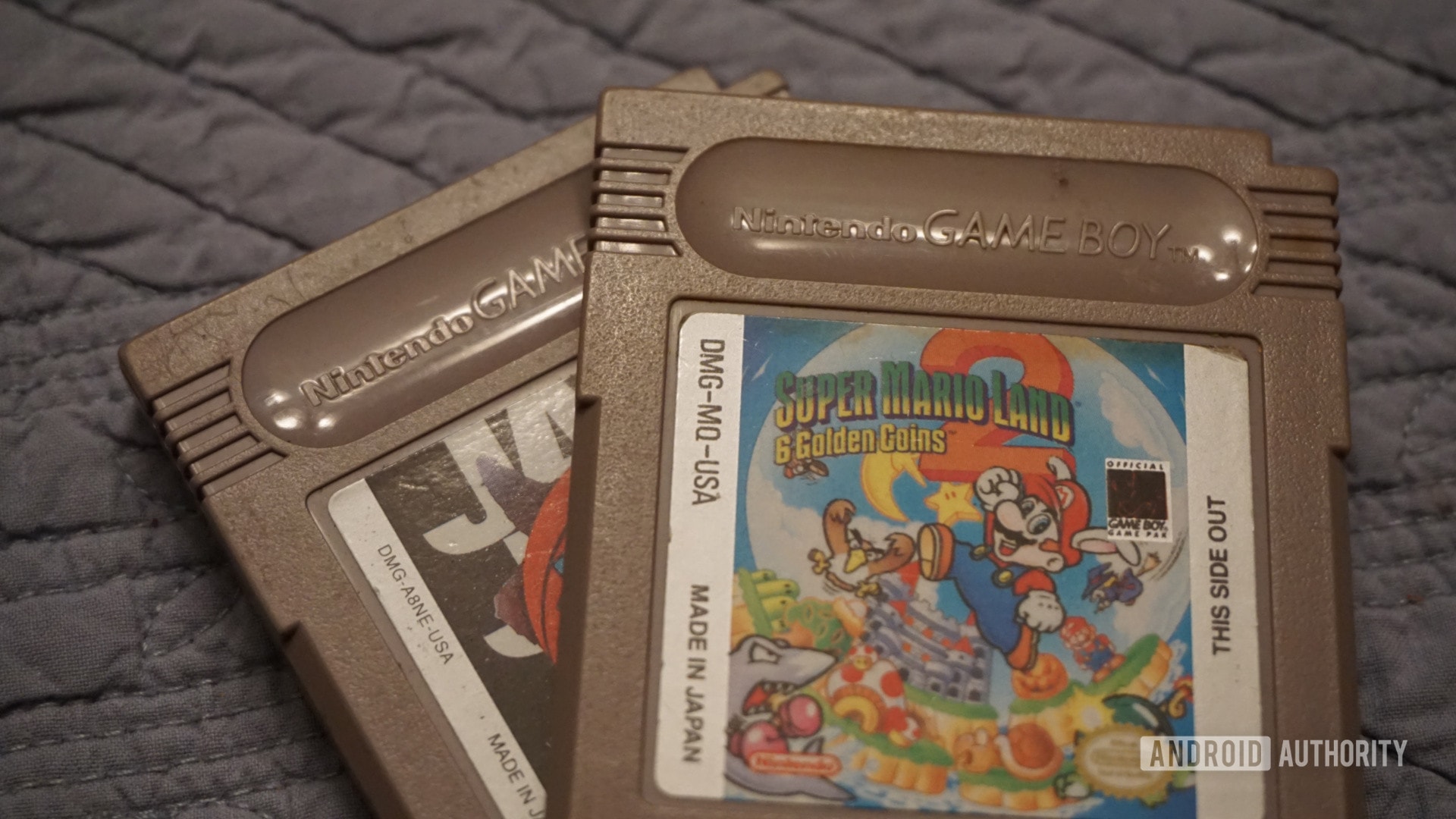
Here is where things get heated: Some people say downloading a ROM of a game that you physically own is perfectly legal. But, according to Nintendo’s website, that is not the case.
Downloading a game from the internet is the same no matter the scenario. The fact is that someone made a copy of that game, you downloaded it, and that is illegal. This is the same for all forms of media.
The only time this situation could be legally defensible is if the person downloading the game were to claim fair use. In an interview with How To Geek, Derek Bambauer, internet law and intellectual property professor at the University of Arizona’s College of Law, stated that in some cases downloading ROMs could possibly be protected under fair use.
Bambauer also states that since fair use is more of a standard and less of a hard and fast rule, this situation would be a long-shot, even if it is technically possible.
Ripping games for your own personal use is no different. Legally, it is acceptable to digitally copy your physical music collection, but media formats like video games and movies are judged a little differently.
On its website, Nintendo goes as far as to say that even hardware that allows physical games to be copied, and potentially distributed, is against the law. So, regardless of what you do with the game, you still made an unauthorized digital copy, and that remains illegal.
Combating viewpoints
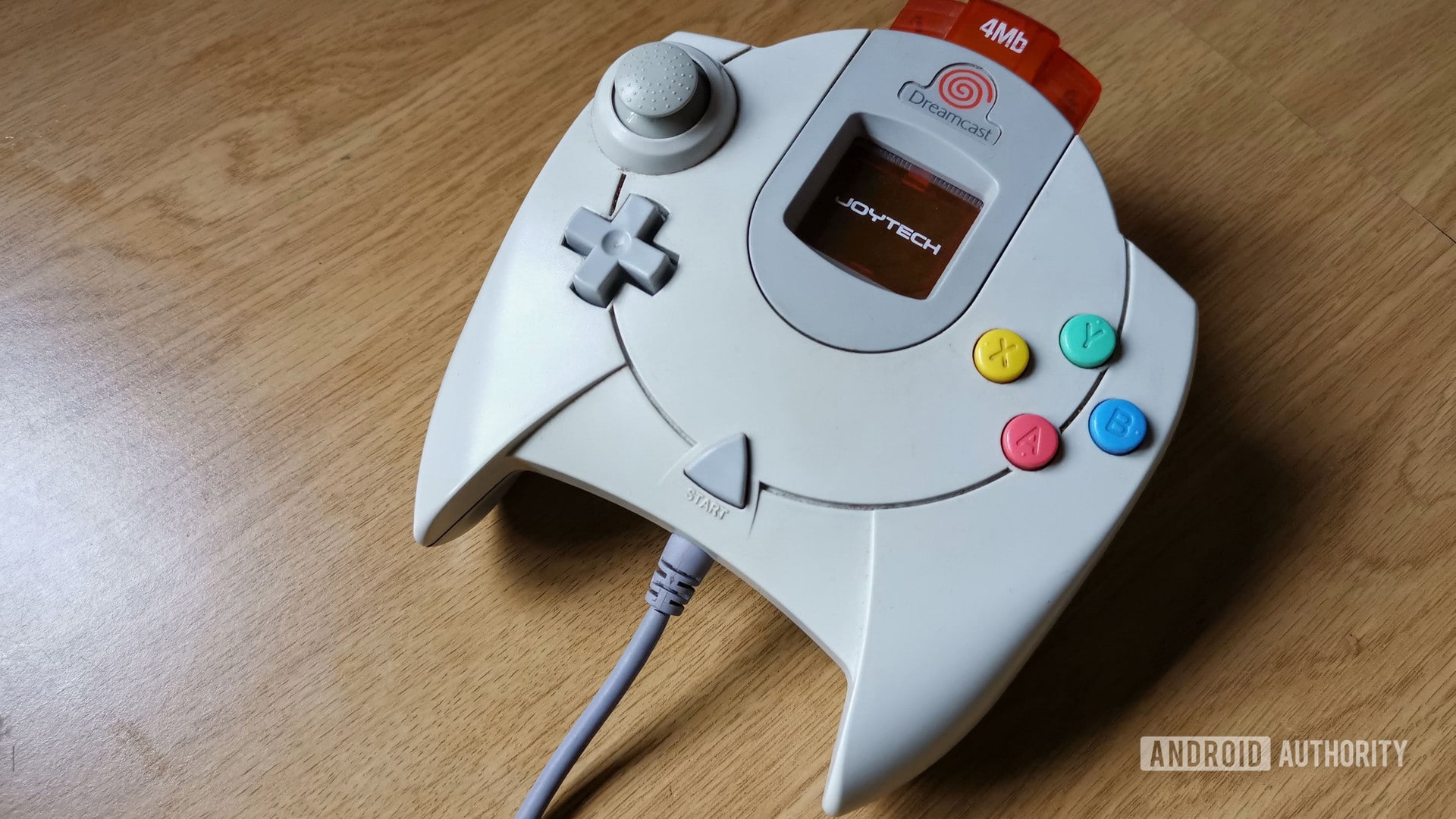
Despite this, many believe downloading and sharing ROMs should not only be legal but that it is the ethical thing to do. In the name of video game preservation, collectors and enthusiasts alike assert that downloading and maintaining ROM collections is a great way to protect history.
One known group is The Dumping Union. The Dumping Union describes itself as a group of ROM dumpers and arcade game collectors working to preserve old arcade game data. It collects old and/or inaccessible games and arcade boxes, digitally rips them, and preserves them for future generations.
On the other side of the spectrum, we have companies like Antstream. Antstream aims to legally bring retro gaming to the masses through its retro gaming streaming service. It announced its product earlier this year through a successful Kickstarter campaign. Antstream has spent years legally collecting licenses to more than 2,000 retro games, and its product launched in the U.K. last month.
Then we have the average everyday retro gamer who is downloading or ripping ROMs for their personal collection. Using shady torrent websites or ripping hardware like the Retrode, many people see no harm in downloading and playing their favorite retro games — especially if they are downloading titles that they either can’t buy on modern systems or that they already own the physical title.
Nintendo would disagree with this. Citing its website again, Nintendo states only copyright owners have the legal right to benefit from game distribution. It claims that distributing these assets undermines the value of its intellectual property. As a result, this decreases the amount of money it could make by re-releasing and/or recreating these titles on newer systems.
Playing ROMs legally
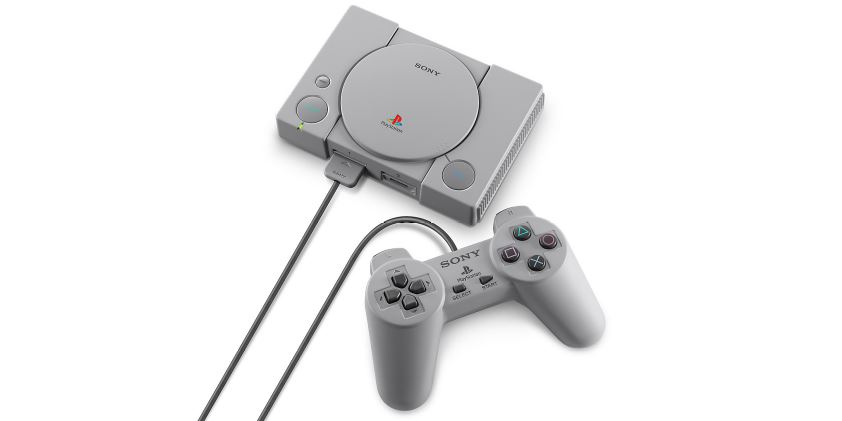
That begs the question: If downloading and ripping ROMs, despite opinions in the community, is illegal, what is the best way play them? The simple answer is that if you want to play retro games, you need to find some way to play the physical game or wait for them to be legally re-released. You can do that with an original console, one of Hyperkin’s offerings, through some sort of legally licensed digital store like Nintendo’s eShop, through services like Antstream, or by purchasing something like the PlayStation Classic.
Now, will Nintendo, Sega, Sony, or anyone else ever find out what games you have stored locally on a flash drive somewhere? Probably not. But that isn’t the point. In the end, if you want to play your favorite classic games without breaking the law and infringing on copyright, then your options are limited.
Either that or you can just wait until 75 years after the date of the game’s initial publication for it to enter into the public domain. When that happens, you can have at it.